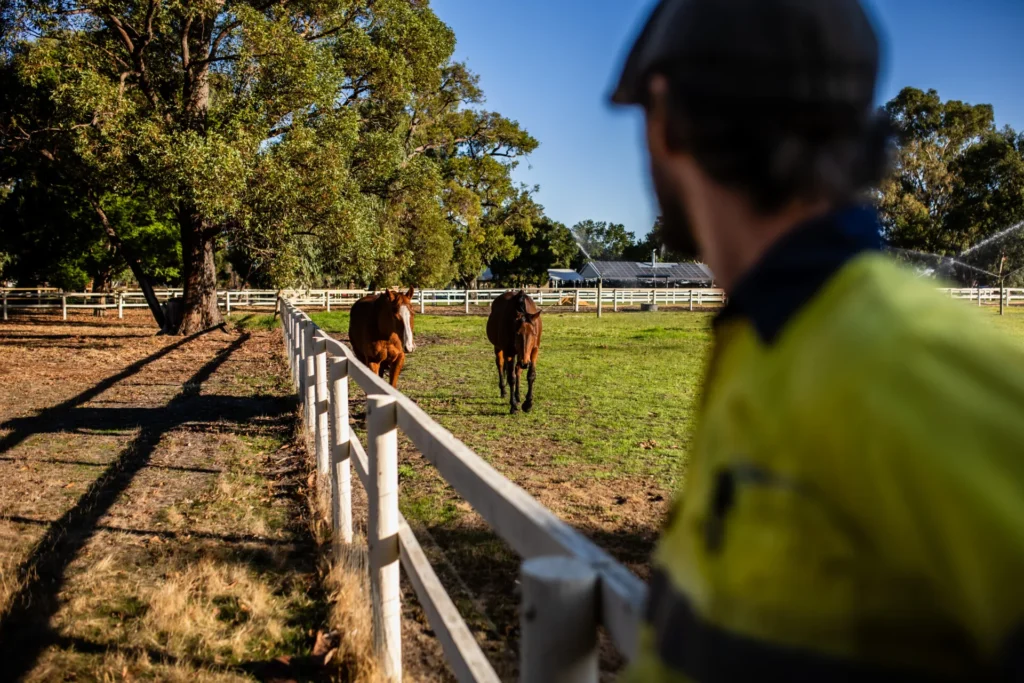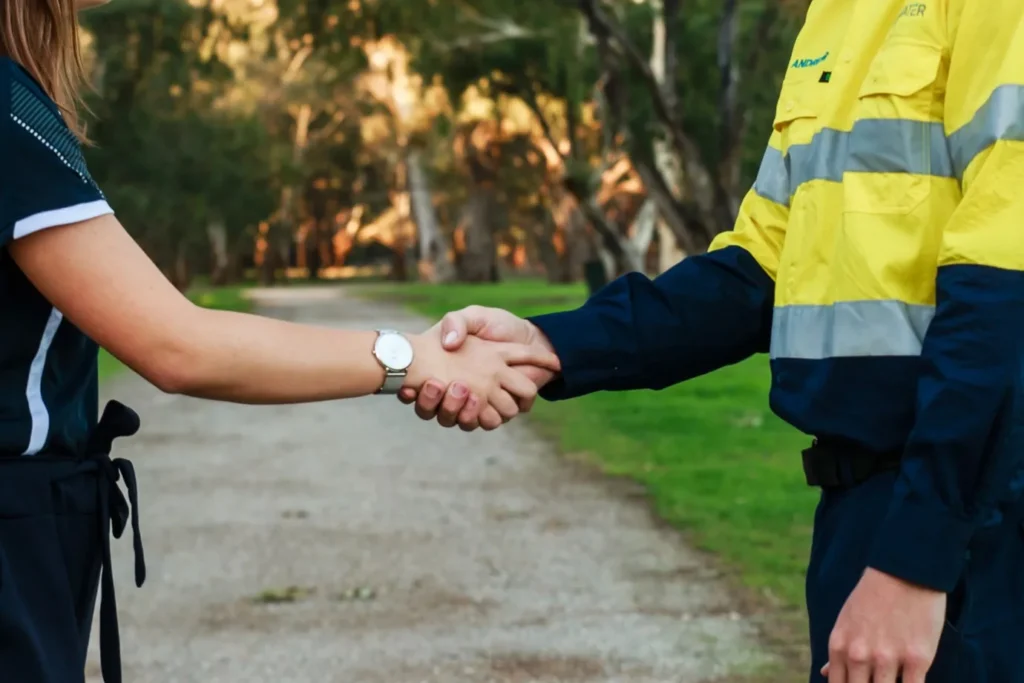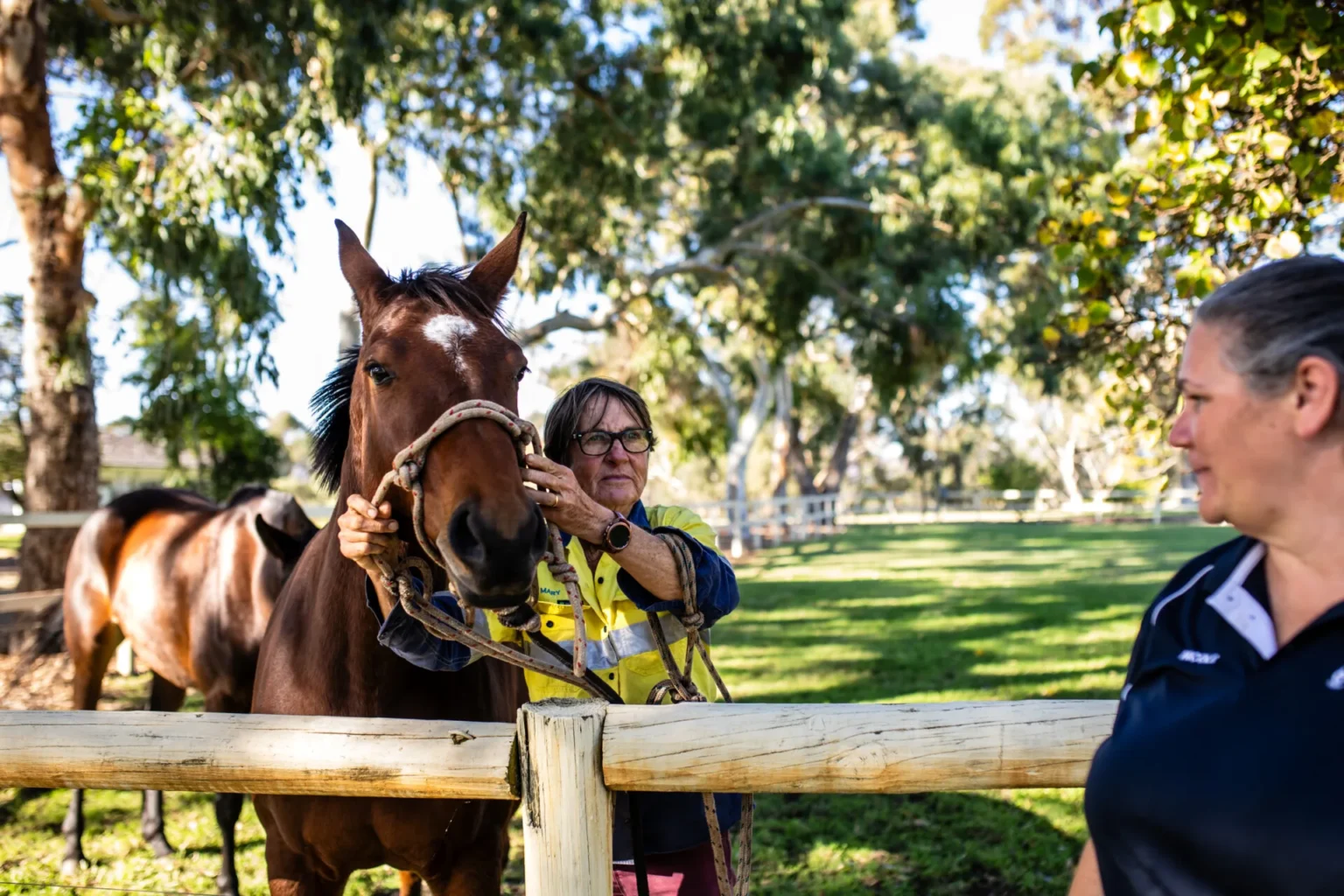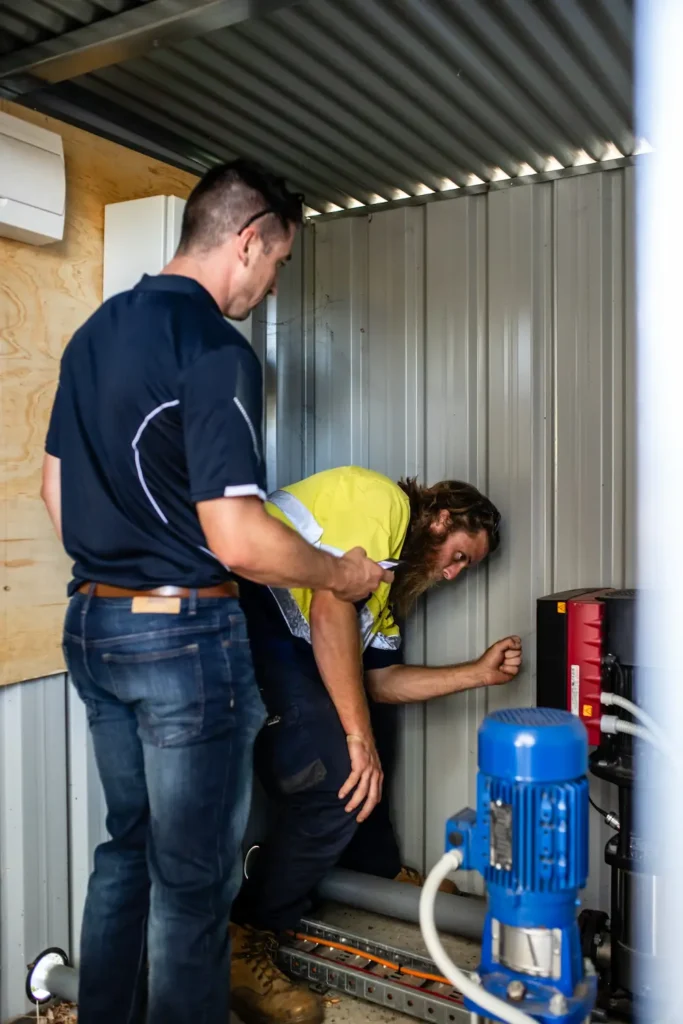Water Manager
Bores
Decommissioning

When a bore's life must come to an end,
we part ways amicably.
At BD Water, we manage bore decommissioning with expertise and diligence, ensuring the process is safe, fully compliant with the applicable regulations, and environmentally sound.

A smooth and compliant decommissioning process
Initial assessment
Removing existing equipment
Sealing the bore
Once the bore is sealed, we backfill the surface area with native fillings, making the site safe for continued use.

Why decommissioning a bore properly matters
Environmental Protection
Regulatory Compliance
Safety
Our Customers
What our clients and drillers say about us.
Think you might need to decommission your bore?
Regulations in Western Australia around unused bores are strict, and for good reason. Improperly sealed bores can act as direct pathways for surface contaminants to enter groundwater reserves. Proper decommissioning ensures that the bore is sealed securely, preserving groundwater resources. BD Water handles the entire process, from assessment to sealing the bore according to legal and environmental requirements.
Contact us if you have a bore that needs decommissioning, or you’re unsure if your bore is safe.
Frequently Asked Questions (FAQ)
Can I prevent the staining from my bore?
Although Iron Bacteria can never be completely eliminated, as it lives naturally in many of the formations and aquifers, it can be regulated using a range of low impact, non-toxic chemicals to remove the bulk of bacterial substrate. This in turn reduces the amount of visible stain and odour.
Frequency of application is determined by the severity of the subterranean infection and subsequent staining. Existing staining can then be removed by a number of commercially available compounds such as X-Fe.
Other methods of stain prevention involve the design of your station spray coverage, minimising over-spray and infrastructure obstruction will reduce the impact of the staining while reducing the cost of stain removal considerably.
We offer decontamination and restoration services for problematic bores as well as treatment and filtration solutions.
Although iron bacteria can make water unsightly and cause an unpleasant taste and odour; there is currently no health risk associated with iron bacteria. There are also no active health concerns regarding iron presence in bore or drinking water.
Outside of visible staining, iron bacteria contributes to a great deal of system strain, such as pump corrosion, flow restriction, poor system operation and unpleasant working conditions for servicemen. If left to develop, it can lead to system failure, requiring costly repair or even pump replacement.
Can I maintain my bore during the winter sprinkler ban?
Leaving your pump and bore inactive over the entirety of winter is a hazardous corrosion risk, particularly where ones water supply is high in salts or iron.
As per Department of Water and Environmental Regulation guidelines, included below, it is legal to run your bore for one of your allotted watering days for a maximum station run time of 2 minutes. This is vital to keeping your pump and equipment in serviceable condition.
“The maintenance of garden bores is important and under the legislation a person does not commit an offence if the person operates a reticulation system, using domestic bore water to the minimum extent necessary while the reticulation system is being installed, maintained, tested or repaired.
We deem the ‘minimum extent necessary’ to be no more than two minutes per station. Running your reticulation longer than this may be deemed as watering your garden.
We recommend you carry out work on your sprinkler roster days, either before 9am or after 6pm.”
What type of maintenance will I have to carry out on my bore?
The most important factor is that the bore construction is handled properly. Maintenance costs can be significantly reduced if the construction of the bore is done right in the first place. This is why we don’t compromise on the quality of our bore drilling and development services. The model and size of pump also affect the health of the bore, so they need to be carefully selected and tailored to the bore and irrigation needs.
Once the bore is installed, you should complete your flow testing and water quality testing to check the bore’s initial and likely optimal performance. Bores can improve over time, but if properly developed, the initial testing should be the highest quality and flow the bore can produce. This can then be used as a benchmark to measure the bore performance over time.
While the bore is operating, you should keep an eye out for signs of damage or corrosion, particularly when turning the bore back on for summer.
How much is a consultation and quote?
Most of our consultations and quotes are free of charge. We conduct consultation with you, generally on site, to get to know you and understand your water needs, then provide a free quote.
In some cases, specialised research, testing or designing is required before we can provide a formal quote for the works. This includes bore drilling consultations and irrigation where a large system design is required. In these cases, we will discuss the costs of these services before doing anything, and if you’d like to go ahead, we can help you get a comprehensive solution, tailored to your needs.
